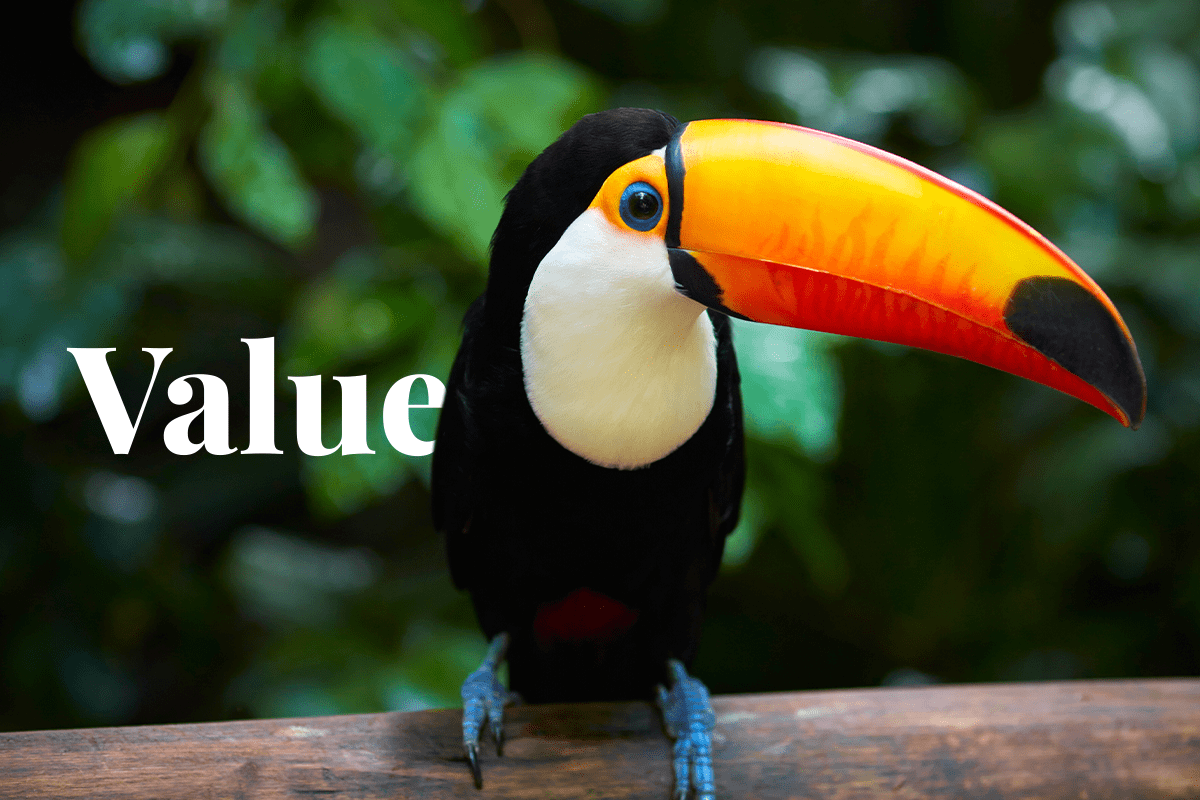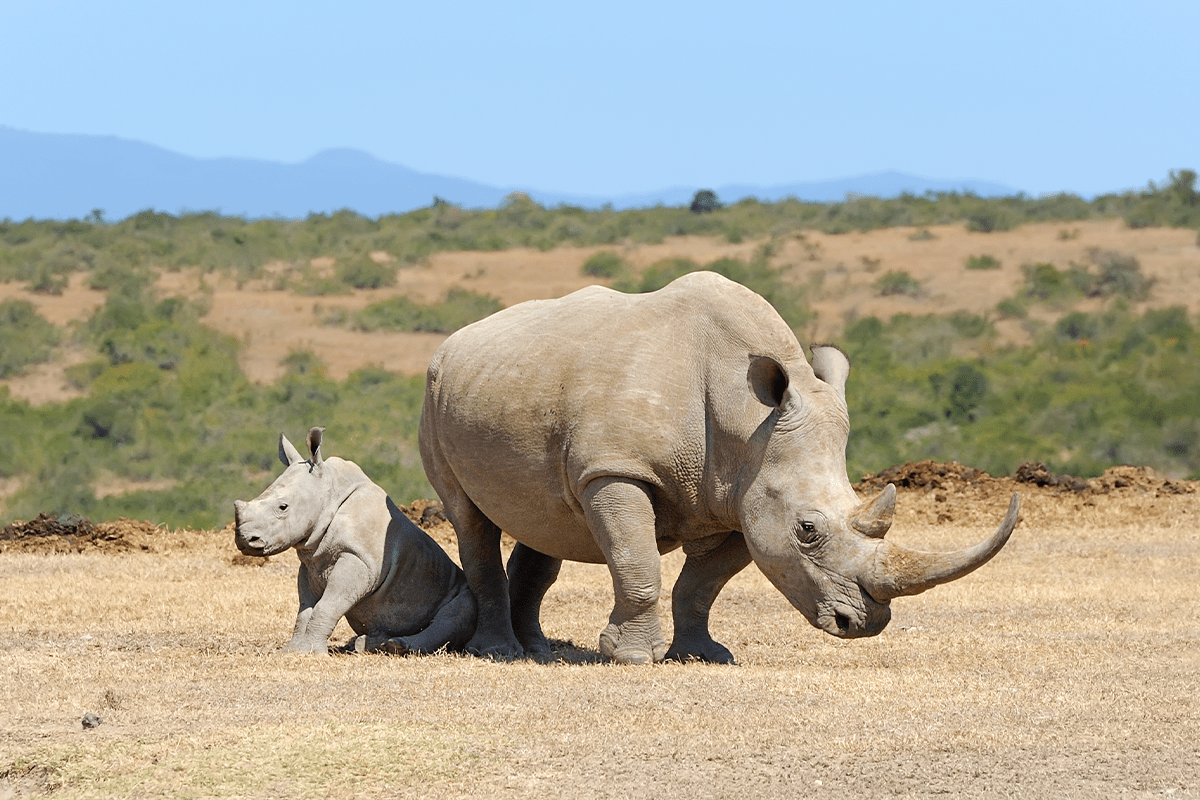In McKinsey & Company’s recent report Valuing Nature Conservation, it delves into the quantifiable benefits of protecting the natural world. While much of the global economy depends on nature, it has been difficult to quantify the value of natural assets, leading many to overlook nature as an investment opportunity. This article will explore the report's findings, the benefits of protecting 30% of the planet by 2030, and the challenges to achieving this goal.
 Toucan on the branch in tropical forest of Brazil.
Toucan on the branch in tropical forest of Brazil.
The findings of the report
Protecting 30% of the planet could significantly mitigate changing climates, create jobs, and boost GDP. Through natural regrowth and avoiding deforestation, protecting 30% of the planet could reduce atmospheric carbon dioxide by 0.9 to 2.6 gigatonnes annually. It could also create between 400,000 and 650,000 jobs in nature conservation and create or protect another 30 million jobs in two nature-dependent markets—ecotourism and sustainable fishing—safeguarding a total of $300 to $500 billion in annual GDP.
In addition to economic benefits, conservation can play a role in preventing the next pandemic. The report found that areas prioritised for conservation have a 10% to 80% higher concentration of zoonotic disease transmission risk than those not prioritised in the scenarios. Protecting these areas can help contain ecosystem fragmentation and practices that can transmit diseases to human populations.
Read more: The impact of reforestation on biodiversity
Perhaps most importantly, achieving 30% conservation could significantly impact biodiversity underpinning these benefits. It would expand the protected habitat of species threatened with extinction by, on average, 2.2 to 2.8 times, providing more space for threatened species to survive and thrive.
 African white rhino, National park of Kenya.
African white rhino, National park of Kenya.
Challenges to achieving 30% conservation
Achieving these benefits will not come without challenges. Conservation will always include difficult tradeoffs, but better methodologies to assess the value of conservation can improve resource allocation. The report assessed around 35,000 data layers in a six-million-pixel image of Earth using highly detailed, 5x5 km geospatial analytics and developed six scenarios to reach the 30% target. The additional operating expenditure of expanded conservation would be $20 billion to $45 billion a year.
The benefits of protecting the natural world
Despite the challenges, there is a compelling business case emerging for local decision-makers. For over half the areas assessed, the GDP benefit created by ecotourism and sustainable fishing alone could outsize the operational costs of conservation more than three times.
To compile the natural business case at the decision-maker level, McKinsey recommends collaborations between public and private stakeholders, conservation donors, practitioners, and scientists in alliances that can pool resources and expertise. These alliances should work closely with government and private sector partners and their experience in areas like project financing and risk modelling.
Explore the benefits of green investing
The importance of protecting the natural world
Protecting 30% of the planet is not just essential for mitigating changing climates and protecting against natural disasters, it's also an investment opportunity that could create jobs and boost GDP. McKinsey's report provides the methodology to make this possible, but it will require the collaboration of public and private stakeholders to make the natural business case. By compiling the natural business case at the decision-maker level, we can inform a more optimal allocation of economic resources to conservation, which will be critical for achieving the 30% target and securing the benefits of natural capital for future generations.
By quantifying the benefits of nature conservation, McKinsey's report makes a strong case for investing in protecting the natural world. It provides a roadmap for decision-makers to make informed choices and allocate economic resources optimally to conservation. Protecting the planet's natural areas is not just a moral imperative, it's also a smart investment that could deliver significant economic and social benefits.
Read more: Investing for the good: How socially responsible investing is driving economic sustainability
In conclusion, it's time to recognise the true value of nature and prioritise its conservation as an essential part of global efforts to build a sustainable future. By protecting 30% of the planet by 2030, we can mitigate harmful environmental effects, create jobs, prevent pandemics, and preserve biodiversity, while securing the benefits of natural capital for future generations.
DGB Group aims to reforest the world at scale through our large-scale nature-restoration projects that restore vital habitats, boost biodiversity, and aid in the sustainable development of communities. Our goal is to protect the natural world through our nature-based solutions and secure a sustainable future for all.
Contact us to invest in a more sustainable future




